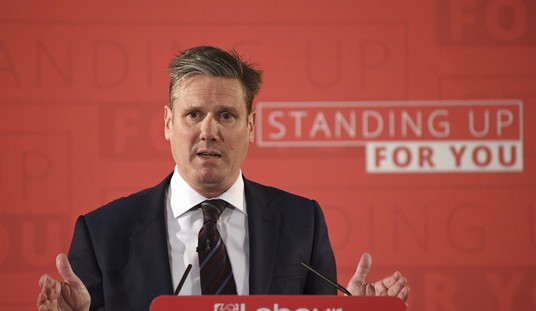I was listening to Speaker Boehner on Face the Nation this morning and he was asked what he thought about the dismal popularity of Congress among Americans. His rather candid response was that he wasn’t surprised and that one of the chief reasons was that we currently have divided government and a nation which is also split up into two camps. Fortunately for us, we have one branch of the federal government which is supposed to be above partisan divisions and politics… the Supreme Court. So their popularity should go unscathed by this, right? Not so much.
After an important term in which the U.S. Supreme Court made landmark decisions on cases involving voting rights, gay rights, and affirmative action, the institution’s approval rating has declined to its lowest level since June 2005. Forty-three percent of Americans now approve of the Supreme Court, down six percentage points from September of last year. Slightly more Americans disapprove of the court (46%) than approve, which has happened only one other time since Gallup first asked this question in 2000.
Before going any further, it’s worth noting the raw numbers here. While a drop of 6% is not the direction you want to be heading in, 43% is still a pretty shocking approval rating for anyone or anything associated with Washington. What’s the approval rating of Congress these days? Is it even in double digits? Sad though it may be to say, having an approval rating at that level in 2013 is probably something they could lord over pretty much anyone else in that town. Still, they’re feeling the sting of decreased public approval, and over at Outside the Beltway, Doug thinks that shouldn’t come as any surprise.
Given the number of controversial cases that the Court has taken on in recent years, this probably isn’t entirely surprising. Just in the last two or three terms, there has been enough in the Court’s decisions to annoy people on both sides of the political aisle be it the Obamacare decision, the Voting Rights Act decision, or DOMA. However, as I argued last year in connection with a similar poll, the real cause for the loss of public confidence in what remains the least political branch of the Federal Government has less to do with specific decisions and more to do with a general decline in trust for public institutions
I don’t think this is something sudden, shocking or new. If there was ever a time when people were less concerned with or suspicious of partisan motivations in the courts – and I’m enough of an old fool to believe there was – it wasn’t really because conditions were radically different than they are today. We can’t pretend that presidents were ever unconcerned with cementing their legacies by appointing “the right sort of judges” to the courts, though it didn’t always work out the way they might have predicted. (*cough* Kennedy *cough*) But I do think the way that the public received their information – and to a certain extent, their opinions – on what the court was doing, which justices voted for which, etc. has evolved a great deal. And like so many other things, this is a direct result of the growth of new media, an increased appetite for “inside baseball” details of government affairs and the fall of the traditional media gatekeepers. We probably wouldn’t have been much bigger fans of the court in 1950 than we are today… we just weren’t getting fed that many details or analysis and weren’t paying as much attention.
Would general opinions of the court change for the better if this president or any future one began replacing many of the members in massive numbers? Not likely. You’d still have roughly half the country who didn’t like them and about an equal number who would want to like them but would frequently wind up being disappointed anyway. Such is life in modern America.








Join the conversation as a VIP Member